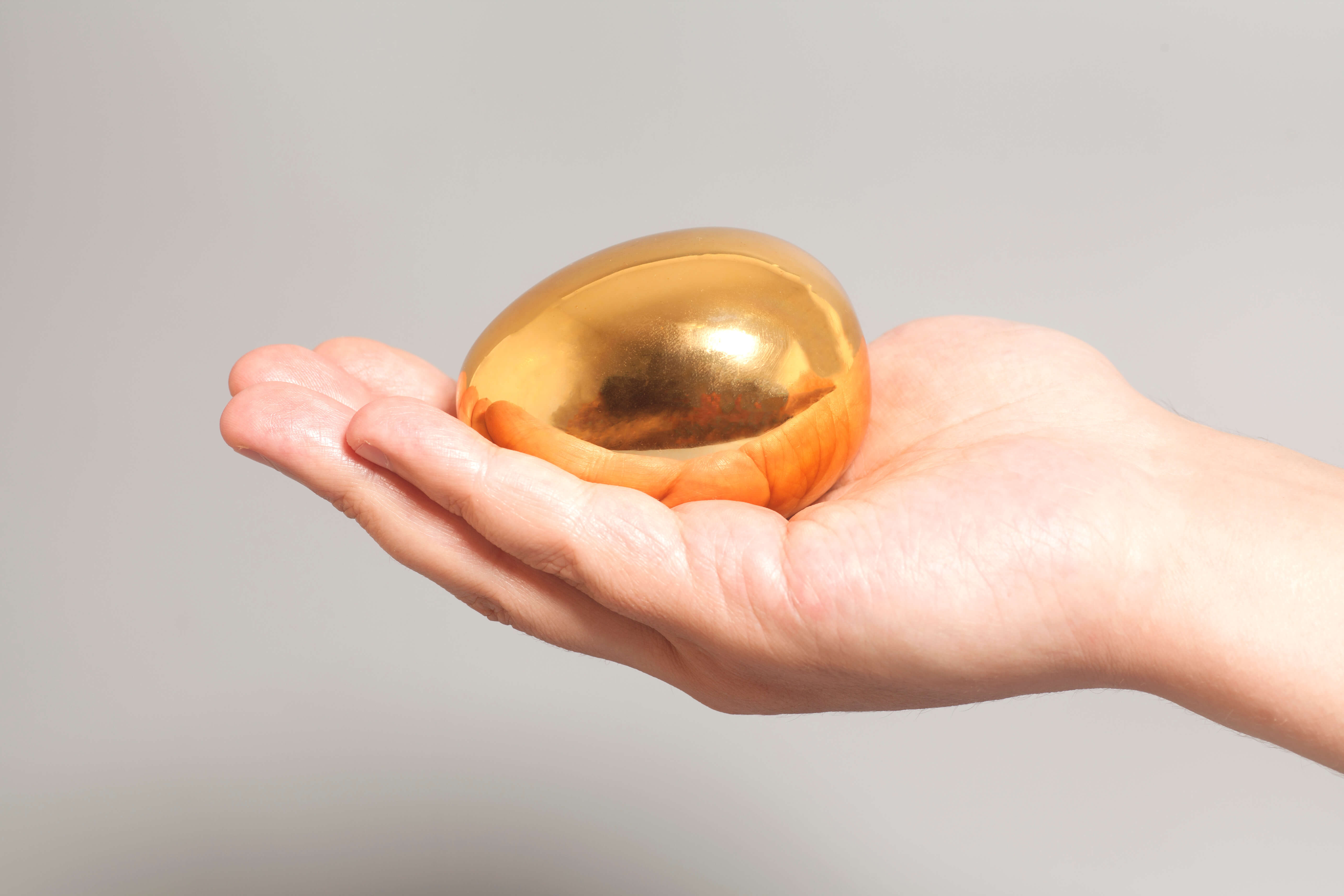Keywords:
Research has been undertaken surrounding different factors that can affect egg quality such as endometriosis, ovarian cysts, some immunological disorders, diet, alcohol and caffeine consumption. These factors can come together to cause low egg quality. It’s been found that 1 in 7 couples struggle to conceive, and this can be straining on a relationship. But it’s important to stay positive and review the conscious changes you can make to give yourself a better chance of getting pregnant. However, if you’re only just starting out in your fertility journey you might not realise you have poor egg quality. This can have a significant effect on your chances of conceiving a healthy baby, so it's worth finding out more.
How do I know if I have poor egg quality?
Although there isn’t a test for egg quality, a scientific method to find out if poor egg quality is a problem requiring you to take action is to fertilise an egg and then test the genetics of the resulting embryo. This is because the vast majority of your eggs aren't euploid or aneuploid yet - with euploid eggs being healthy and aneuploid ones containing genetic errors. Egg quality only comes into effect once maturation has occurred. Every time an egg matures, there’s a chance it will be healthy and a chance it won’t - and there’s no way to know until it’s happened.
How is egg quality determined?
So, we know it's difficult to find out for sure if you have poor egg quality, but that doesn't mean you should ignore it. There is one factor doctors can predict the effect of - and it's one that affects us all: age.
Age can have a significant impact on the quality of your eggs. The mitochondria, which produce energy for the maturation process, get less efficient as you get older. This can lead to errors in the process, making it more likely your eggs will be of poor quality. For this reason, it's generally easier to get pregnant in your twenties than in your forties.
When a fertility doctor says you have good or poor egg quality, they're usually referring to the expected quality for women of your age. It's only an estimate, but it can be a good indicator of female infertility.
Across all populations, it's expected that over 60% of eggs in women under 35 years old will be healthy. Increase the maternal age to around 45, and that percentage drops to less than 20%. If you act on this early, fertility supplements can also help to maintain egg quality to protect eggs from oxidative stress. However, this doesn’t mean that women in their forties can’t have children - just that conceiving may take longer.
What are the symptoms of poor egg quality?
Poor egg quality can also have implications for the health of both mother and baby if an aneuploidy egg is fertilised and implants in the womb. It’s rare for low quality eggs to be successfully fertilised, but it’s not impossible, so it’s worth being aware of the problems you might face when trying to conceive with poor egg quality. In such cases, it may be that fertility treatments which allow multiple eggs to be fertilised at once, such as in vitro fertilisation, may be helpful to increase your chances of achieving a healthy embryo.
Does poor egg quality cause miscarriage?
Poor quality eggs don’t often reach the embryonic stage, and if they do, it’s rare that they implant. However, chromosomal abnormalities such as those caused by poor egg quality are the one of the most common causes of miscarriage in the first trimester. Although it isn’t likely, it can happen - and any form of miscarriage can be a very distressing experience for couples who are trying to conceive.
Any genetic errors which occur during the egg’s maturation process prior to ovulation can damage the genes - and it’s a lottery as to which characteristics will be affected. An aneuploid egg which reaches the embryonic stage may be affected by defects which make the pregnancy nonviable.
However, women who have poor egg quality are still able to conceive a healthy and successful pregnancy if a euploid egg is fertilised and carried to term. Older women may also be at higher risk of other fertility problems, though, so it’s worth speaking to a fertility specialist to get a holistic understanding of your chances.
Can poor egg quality cause ectopic pregnancy?
Research has shown 1 out of 90 pregnancies are ectopic in the UK. It is unclear whether or not poor egg quality has a significant effect on a woman’s likelihood to have an ectopic pregnancy, although there is a correlation between maternal age and incidence of ectopic pregnancy. This means that older women are more likely to have an ectopic pregnancy than younger women. As there is also a significant correlation between age and poor egg quality, there could be a link - but more research is needed to determine an exact relationship of cause and effect.
Does poor egg quality cause birth defects?
Birth defects are another concern of many couples who are trying to conceive, particularly those with an older maternal age. The chromosomal abnormalities associated with poor egg quality can cause birth defects, although there is an even smaller risk of this than of miscarriage. As explained above, it’s rare for chromosomally abnormal eggs to be successfully fertilised and implant. However, in the event that this does happen, it could result in birth defects such as Down’s Syndrome.
Overall, many women with poor egg quality conceive and have healthy children, so having poor egg quality shouldn’t be considered the end of your fertility journey. Like many fertility issues, poor egg quality makes conceiving harder, but not impossible - and with the support of fertility experts and treatments, having a baby is an option for more and more couples around the world.

